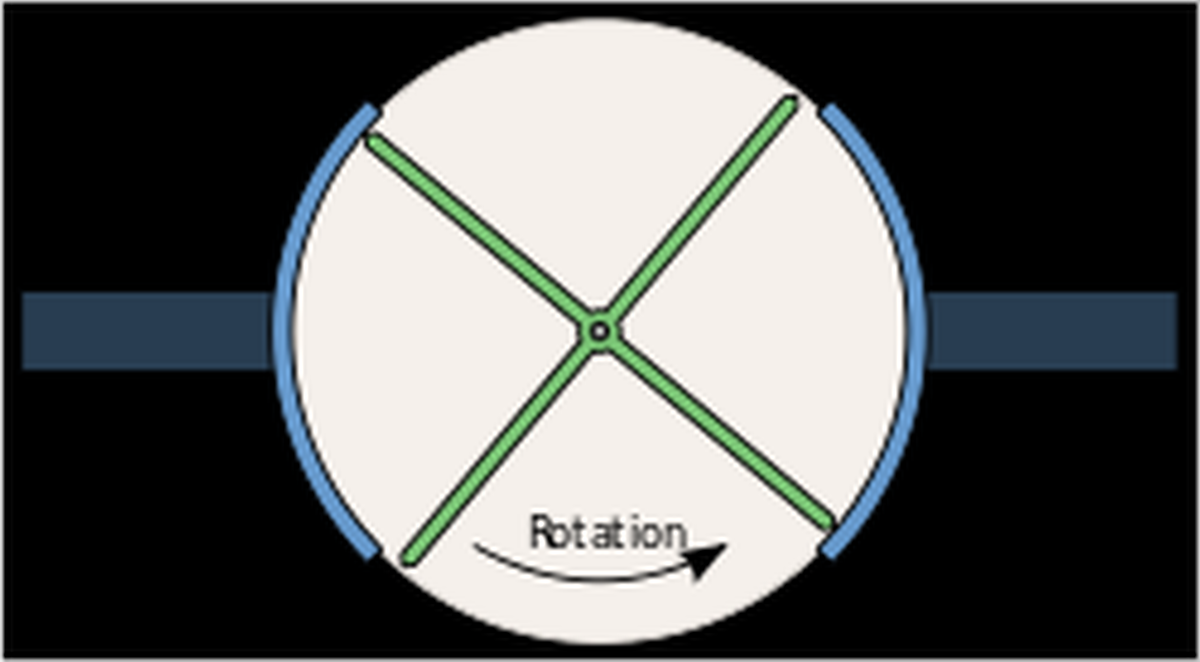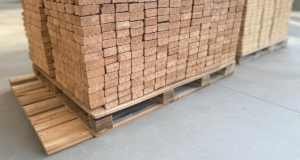 Ofer Prison, North of Jerusalem, June 21 – Jailers at this military facility are preparing to replace the high-security gates and doors under their control with a set of revolving doors, which will better suit the government’s recent policy of arresting, incarcerating, releasing, and eventually rearresting the same terrorism activists.
Ofer Prison, North of Jerusalem, June 21 – Jailers at this military facility are preparing to replace the high-security gates and doors under their control with a set of revolving doors, which will better suit the government’s recent policy of arresting, incarcerating, releasing, and eventually rearresting the same terrorism activists.
Door Le Door, a manufacturer of “revolving entry systems,” as their brochure calls them, won a contract from the Ministry of Defense this week to supply and install the doors in military prisons throughout Israel. The installation is expected to take up to one month, but will be complete in time for what experts anticipate will be additional waves of arrests of Hamas figures as the search to find three abducted Israeli teenagers continues.
Israel released hundreds of convicted terrorists in a deal to bolster the government of Palestinian President Mahmoud Abbas, and in an earlier deal to free Gilad Shalit, an IDF soldier who had been kidnapped by Hamas and held for five years. The terms of release for most of the freed prisoners included a provision for each individual that he would not return to the types of activities that resulted in his arrest in the first place. Since the start of the operation to locate and rescue the teens, Israel has recaptured several dozen of those released under the last deal, noting that they had violated the terms of their release.
As the Knesset and government wrestle with a law that might prevent the release of similar convicts under certain circumstances, no current legal provision would rule out the re-release of those criminals, a prospect that made the Prison Service and its analogous command structure in the IDF realize that revolving doors would serve the prisons’ medium-term needs better than the current system of steel, concrete, and redundant entry/exit points.
“The trend for the foreseeable future involves a repeated pattern of catch-and-release as part of prisoner exchanges,” said Prison Services spokesman Sisi Fuss. “There is little point in continuing to maintain bulky systems that require extensive manpower and oversight when the throughput we anticipate from ongoing kidnappings and exchanges is much better handled by revolving doors.”




